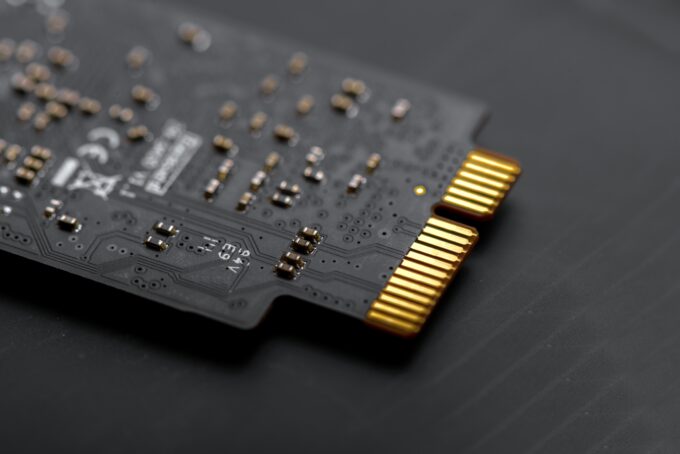It’s been wonderful working at Aliter Networks and supporting business partners to optimize their supply chains, cost structures, and the management and cycles of their networking infrastructure. It’s work and business I know and love. Working for this Certified B Corporation in particular, with a clear, honest vision for people, planet and profit, has prompted me to take a different perspective on the business world.
To learn and ultimately develop an even better approach to sales and leadership—one that is driven by purpose. And I’m not the only one seeing a better way. Many IT professionals and companies from various industries are shifting their outlook on the value of a circular economy.
Once Upon a Time, ‘Refurbished’ Was a Dirty Word
In the early days of my career, more than 10 years ago in Singapore, the market was different. It was plastic fantastic, and recycling wasn’t high on any company’s radar. The idea of used or refurbished products almost felt taboo.

Today, Singapore has come a long way — a global business hub making forward leaps when it comes to sustainability.
And you might be less surprised that somewhere like the Netherlands frequently ranks high on global sustainability indexes — with a reputation for innovative policy and action around issues like sustainability, and an industrious approach to business. And that’s something I found too.
Journey to a Purpose-Driven Mindset
“It was when I started working for Aliter that I truly started to think about sustainability and doing business more holistically—looking at the bigger picture for the greater good.”
I’m fairly traditional, and with that came traditional business views. You know: commercially minded, transactional, focused on the dollar or the euro. Put simply, where Aliter’s mission is for people, planet and profit, I was once very profit, people, planet—in that order. I know now that such thinking is narrow and unsustainable.
My mindset changed over time for a number of reasons. For one, Aliter’s CEO Odette van Zijdveld is full of passion for the company’s vision and purpose, and drives a powerful argument for the circular economy and refurbished IT.
Second — and this one’s been a slower impactor — is that fortunately “refurbished” is no longer a dirty word. Neither is disruption. Various secondhand product markets and the sharing economy have helped change that.
Changing Conversations, Changing Perceptions
Over the years, I saw my sales conversations go from dollar-driven, “It’s cheaper because it’s secondhand, so you’ll save” mindset to a more accepting “Hey, these refurbished products make sense and benefit your company in more ways than one.
” And fast forward to now, when they’re often naturally strategic: “I can see that you care about sustainability because I read about it in your company’s latest sustainability report — how are you supporting that vision with your IT?”
And it’s wonderful to lead many of these conversations. Because sustainability is, and should stay, a hot topic. Where initially we had to look for the innovative early adopter or those who simply didn’t have the budget for brand new, those at the strategic and C-suite level now see the value of striving to be more sustainable.
“At the end of the day, sustainability needs to be a key part of the business equation. If it isn’t, we’ll get to a point where the Earth’s resources are depleted, and then where does that leave you?”
That’s part of the reason conversations and education around business sustainability and the circular economy are so important. But perhaps that’s a topic for another day.
Doing Good Always Finds a Way
Of course, on the other end of the spectrum there are always those who don’t want to hear it, don’t want to prioritise it, would never buy a used car or other used product. And that’s OK. We’re not here to change those people. We’re here to advocate for what’s good and makes business sense — to show how and why the future of profit is purpose.
And here’s the thing: I’ve learned that if you’re doing something with a purpose for good that also makes business sense, it’s only a matter of time before that idea matures and gains acceptance.
“Refurbished IT was a concept people questioned, but now it’s a successful business model here to stay.”
So take note: If you keep going with a purposeful idea, sustainability focused or otherwise, one day you’ll get there.
Enjoy the journey!





